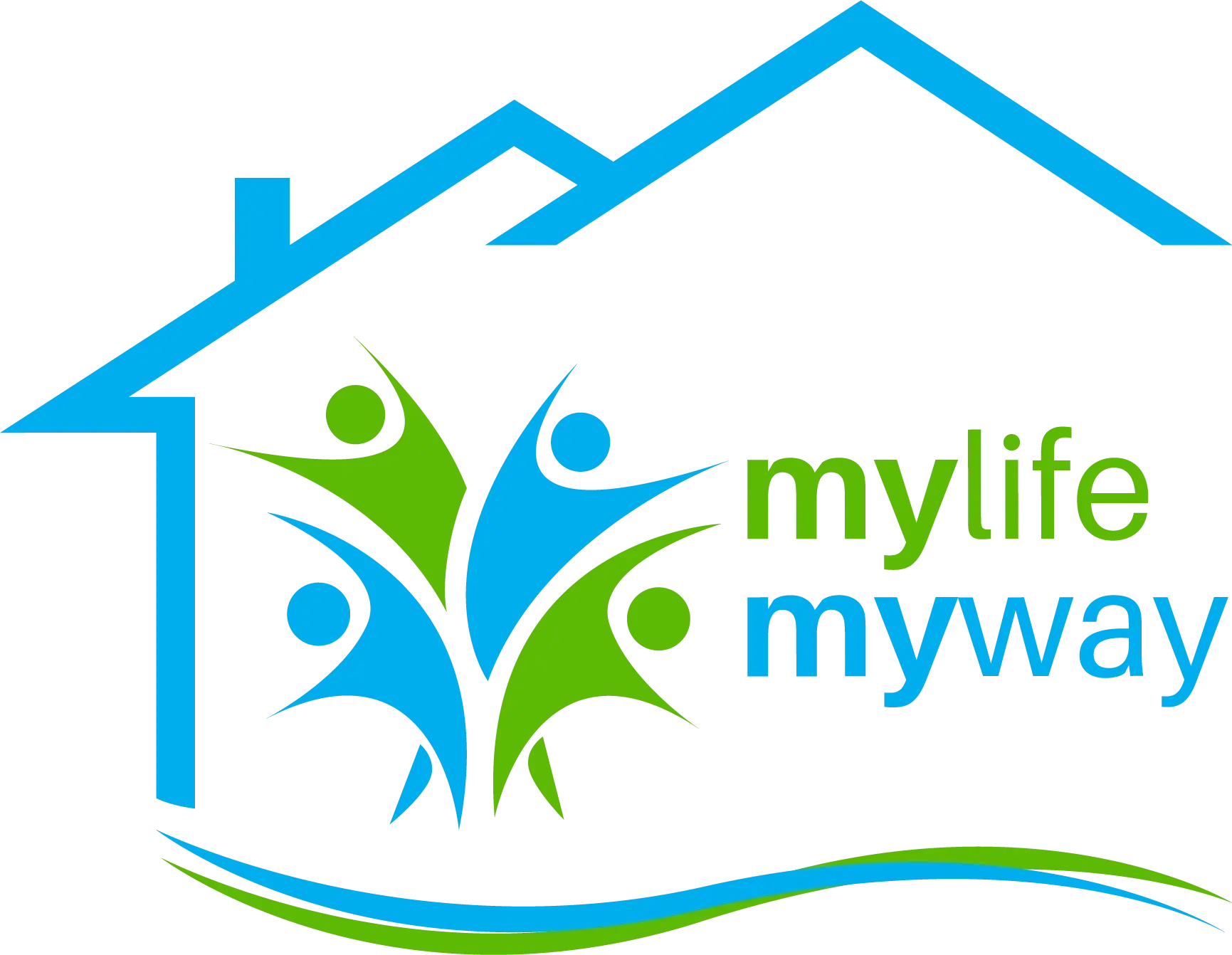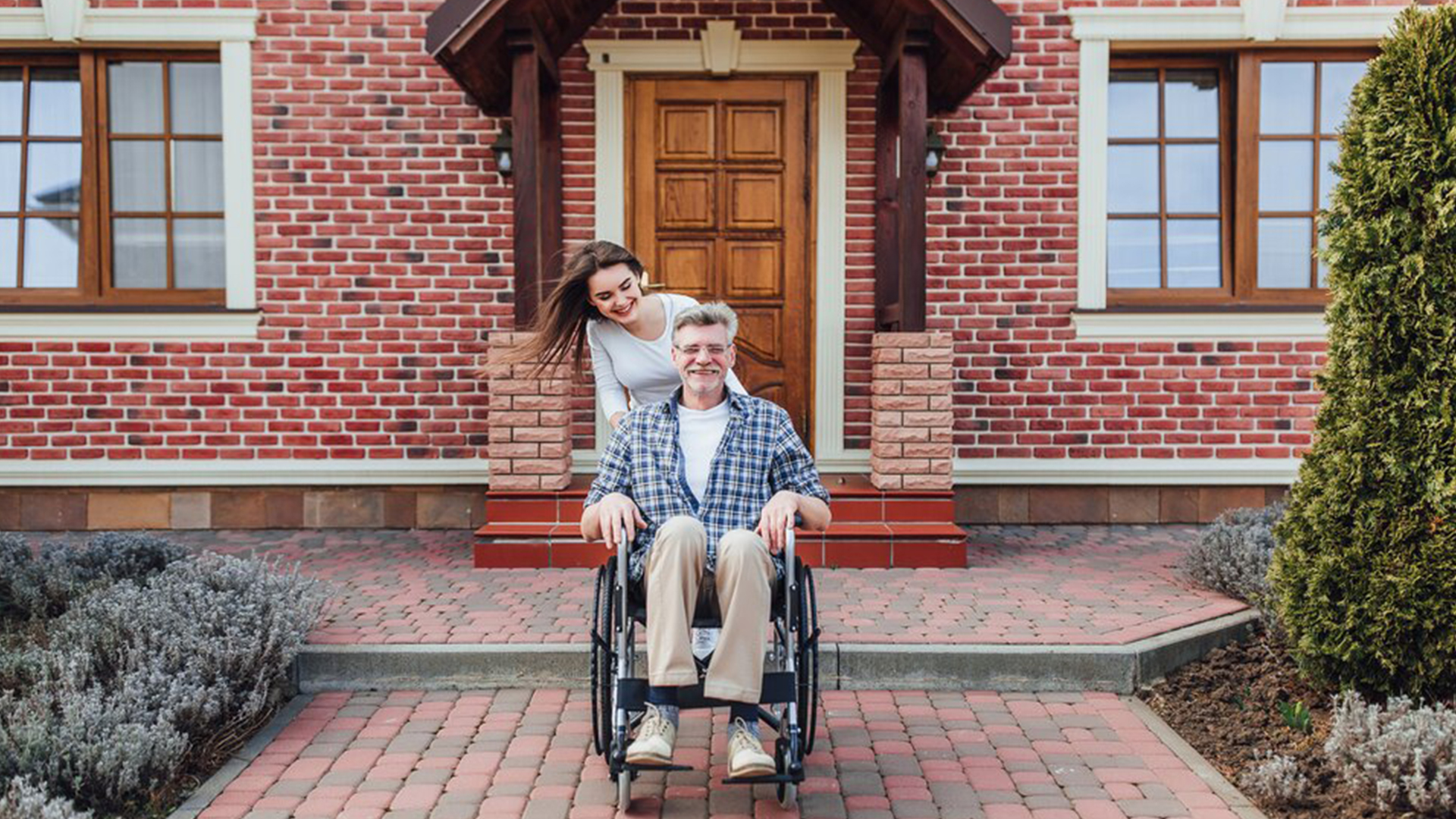The National Disability Insurance Scheme (NDIS) offers a broad range of accommodation options specifically tailored to meet the diverse needs of individuals with disabilities. These options are designed to enhance independence, ensure safety, and improve the overall quality of life for participants.
Understanding the NDIS accommodation options can help participants and their families make informed choices that best suit their specific circumstances and preferences. In this blog, we will discuss major accommodation options under the NDIS: short term accommodation (STA), supported independent living (SIL), medium-term accommodation (MTA), specialist disability accommodation (SDA), group homes, and individual homes designed for complex care needs.
Each type offers unique benefits and is catered to different levels of support and living requirements. Join us as we explore these options in detail to help you select the most appropriate disability accommodation Adelaide Northern Suburbs under the NDIS.
Accommodation Options Available for NDIS Participants
NDIS offers a variety of accommodation options to meet the diverse needs of participants. Each option is designed to support the individual requirements of people with disabilities, enhancing their ability to live more independently and inclusively.
1. Short Term Accommodation (STA)
Short Term Accommodation (STA) provides temporary housing for NDIS participants during times when their usual living arrangements are disrupted or when they need additional support. This option is particularly useful during transitional periods, for respite care, or when specialised support is temporarily required.
STA typically includes stays up to 14 days at a time, with a maximum of 28 days covered by the NDIS annually. Services available during STA stays include:
- Personal care support
- Assistance with daily living activities
- Medication management
- Access to recreational activities
The flexibility and support offered through STA ensure that participants continue receiving necessary care even in the absence of their regular home environment.
2. Supported Independent Living (SIL)
Supported Independent Living (SIL) is tailored for those who require ongoing support while wishing to live as independently as possible. SIL accommodations are versatile, ranging from 24/7 support to less frequent assistance, depending on each participant’s needs. Benefits of SIL are:
- Development of life skills
- Enhanced sense of autonomy and control
- Community living with peers, fostering social interactions
Support staff in SIL arrangements are trained to assist with everyday tasks, so participants can engage actively in their community while maintaining independence at home.
3. Medium-Term Accommodation (MTA)
Medium-Term Accommodation (MTA) is another NDIS accommodation option providing support for up to 90 days, usually for individuals transitioning from hospitals or rehabilitative facilities back into the community. MTA is crucial for participants needing temporary yet immediate housing solutions as they arrange for more permanent accommodations. Features of MTA include:
- Wheelchair accessibility
- Assistive technologies and specialised equipment
- Supportive care tailored to the individual’s transitional needs
MTA is instrumental in providing a stable environment that supports the participant’s health and well-being while they prepare for the next steps in their accommodation journey.
4. Specialist Disability Accommodation (SDA)
Specialist Disability Accommodation (SDA) is designed for NDIS participants with significant functional impairments or high support needs. The accommodations are specifically constructed or modified to enhance independence and improve the quality of life for those with severe disabilities.
Design Categories and Features
SDA properties are segmented into several design categories based on the level of support they provide:
- Improved Liveability: Features that improve physical independence and comfort.
- Fully Accessible: Comprehensive accessibility features for people with significant physical impairments.
- Robust: Durable construction provides a safe environment for those with behavioural issues.
- High Physical Support: Homes equipped with features to support individuals with significant physical impairment requiring high levels of support.
Each design category is tailored to address the specific needs and enhance the living experience of NDIS participants, ensuring their environment is both functional and conducive to their well-being.
Types of Housing Available
Specialist Disability Accommodation offers various types of housing to cater to different preferences and needs:
- Apartments: Suitable for individuals seeking a more compact living space.
- Townhouses: Offering more room and levels, ideal for those who require more space but still prefer a community living style.
- Freestanding Houses: Best suited for those desiring full independence and privacy.
These housing types ensure that every participant can find a place that feels like home, equipped with the necessary adaptations to support their unique living requirements. By offering choice and control over their living arrangements, SDA empowers NDIS participants to lead more fulfilling lives.
5. Group Homes
Group homes are a popular NDIS accommodation choice. These homes have a community-oriented environment where residents not only share their living space but also receive comprehensive support tailored to their needs.
Community and Social Interaction
One of the most significant advantages of group homes is the communal living setup, which naturally encourages social interaction and the development of friendships. In these environments, individuals are able to engage with peers who may have similar challenges and life experiences, fostering a sense of belonging and mutual understanding.
Group homes often organise social activities and events, promoting interaction and providing residents with opportunities to develop social skills in a supportive setting. The presence of communal spaces within these homes further facilitates daily social contact among residents, reducing feelings of isolation or loneliness that some individuals might experience in more solitary living arrangements.
Support Services Offered
Residents of group homes benefit from a range of support services that are essential for daily living. These services include assistance with personal care tasks such as bathing and dressing, meal preparation, and medication management. Professional staff members are also on hand to help residents manage their financial affairs and transportation needs, ensuring they can attend appointments and partake in community activities outside the home.
The support in group homes is characterised by its adaptability to the changing needs of each resident. This dynamic approach ensures that all individuals receive the care and assistance they need to lead a fulfilling and semi-independent life.
6. Individual Homes
For NDIS participants with complex needs, individual homes offer a specialised and highly customisable living arrangement. These homes are tailored to accommodate the specific requirements of individuals, providing not just physical adaptions to the property but also a comprehensive support system designed around the unique challenges of the resident.
Customisation for Individual Needs
Individual homes for complex participants meet the specific needs of each resident. This can involve modifications such as wheelchair-accessible facilities, bathrooms equipped with specialised fittings, and custom solutions for sensory impairments, such as enhanced lighting systems for those with visual impairments or soundproof rooms for those sensitive to noise.
Beyond physical modifications, these homes also offer adaptive technologies to aid independence. Residents may have access to assistive devices that help with mobility, communication, and daily activities, ensuring they can navigate their home environment safely and effectively.
Comprehensive Support Structure
The support structure in individual homes for complex participants is extensive and focuses on providing holistic care. This includes regular visits from healthcare professionals, such as therapists and nurses, who work in conjunction with in-house staff to manage medical and therapeutic needs. Additionally, behaviour support specialists and psychologists may be involved in assisting with mental health or behavioural challenges.
Personalised care plans are a cornerstone of the support structure in these homes, ensuring that all interventions and routines are suited to the individual’s goals and preferences. This integrated approach not only supports the physical health of the residents but also focuses on their emotional well-being, fostering a balanced and enriching living environment.
Individual homes provide a unique opportunity for NDIS participants with complex needs to live in a setting that is both empowering and enabling, tailored precisely to enhance their quality of life while ensuring their day-to-day needs are comprehensively met.
Conclusion
The variety of NDIS accommodation options provides tailored and supportive environments for individuals with disabilities. From transitional solutions like Short Term Accommodation and Medium-Term Accommodation to long-term arrangements such as Supported Independent Living and Specialist Disability Accommodation, there is a clear pathway towards promoting autonomy and a better quality of life for participants. Group homes and individual homes further round out the possibilities, ensuring that even those with specific requirements can find a suitable living arrangement.
Exploring the range and specifics of these options can be complex, but they are designed with flexibility and individual choice at their core. Participants and their families can choose and change their disability accommodation Adelaide Northern Suburbs based on evolving needs, continually supported by the NDIS’s adaptable framework.
For those seeking assistance, My Life My Way can help with exploring and selecting the perfect NDIS accommodation option. With our expert professionals, you can find the best accommodation plan and ensure your needs are met with utmost care and professionalism. Get in touch today and see the difference we can make in your life!



